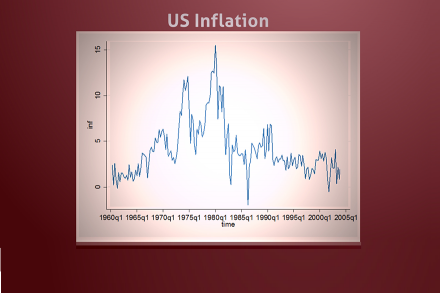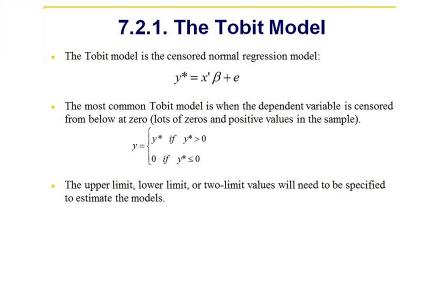This is the second in the sequence of econometric courses offered in the department for graduate students, with the objective of providing a thorough introduction on theory and application of contemporary econometric tools. It is the follow-up to Applied Econometrics I (Econ 623) and aims to extend your contemporary econometric knowledge on time series, impact evaluation and more topics on limited dependent variable econometric models.
You will participate in computer-based exercises and learn to replicate the econometric results of published economic articles using new data and econometric tools and techniques learned in Econ 623 and 624. The data analysis process will include preparing a brief report on the replication process and any challenges faced.
This course covers:
- Emphasis on understanding theory through applications and problem solving, rather than mathematical theorems and complex proofs
- Working as a learning community to improve statistical and econometric skills necessary in the study of economics
Course Objectives:
- Derive statistical parameters of econometric analysis conducted using cross sectional, panel, or time series data
- Estimate statistical parameters of econometric analysis conducted using cross sectional panel or time series data using Stata
- Interpret results of regression analysis conducted using cross sectional, panel, time or series data
- Replicate econometric results of published articles using new data set
- Read, understand, and evaluate empirical papers in professional journals
As a continuation of ECON 623, this course expounds on regression and explores time series econometric models for forecasting, dynamic causal effects and replicating econometric results of published articles.
This course, in addition to ECON 623, is led by Professor Mahmud Yesuf who has worked on projects with the World Bank and International Food Policy Research Institute in Africa. His research interests include poverty, environment and development issues in low-income countries with a special focus on household behavioral issues.
Click here for the official course description from the American University catalog.
Learn more today. Call us at 855-725-7614 to speak to an admissions representative, or request more information here.








